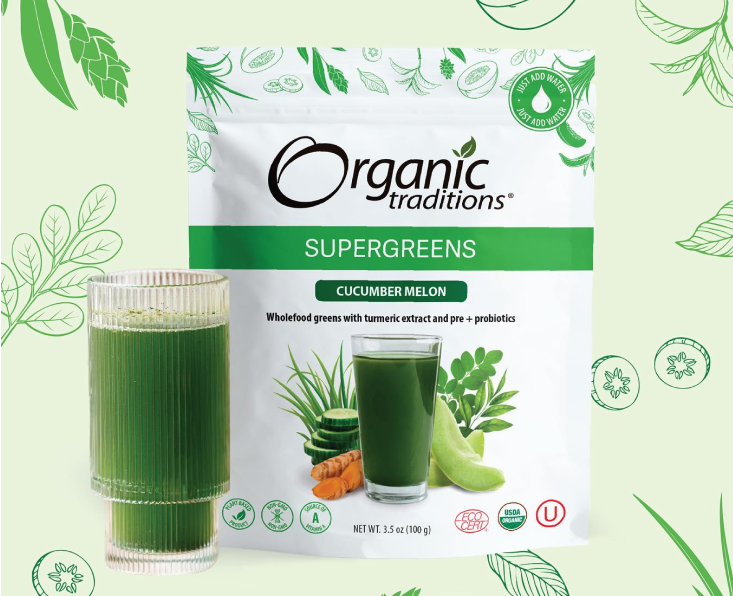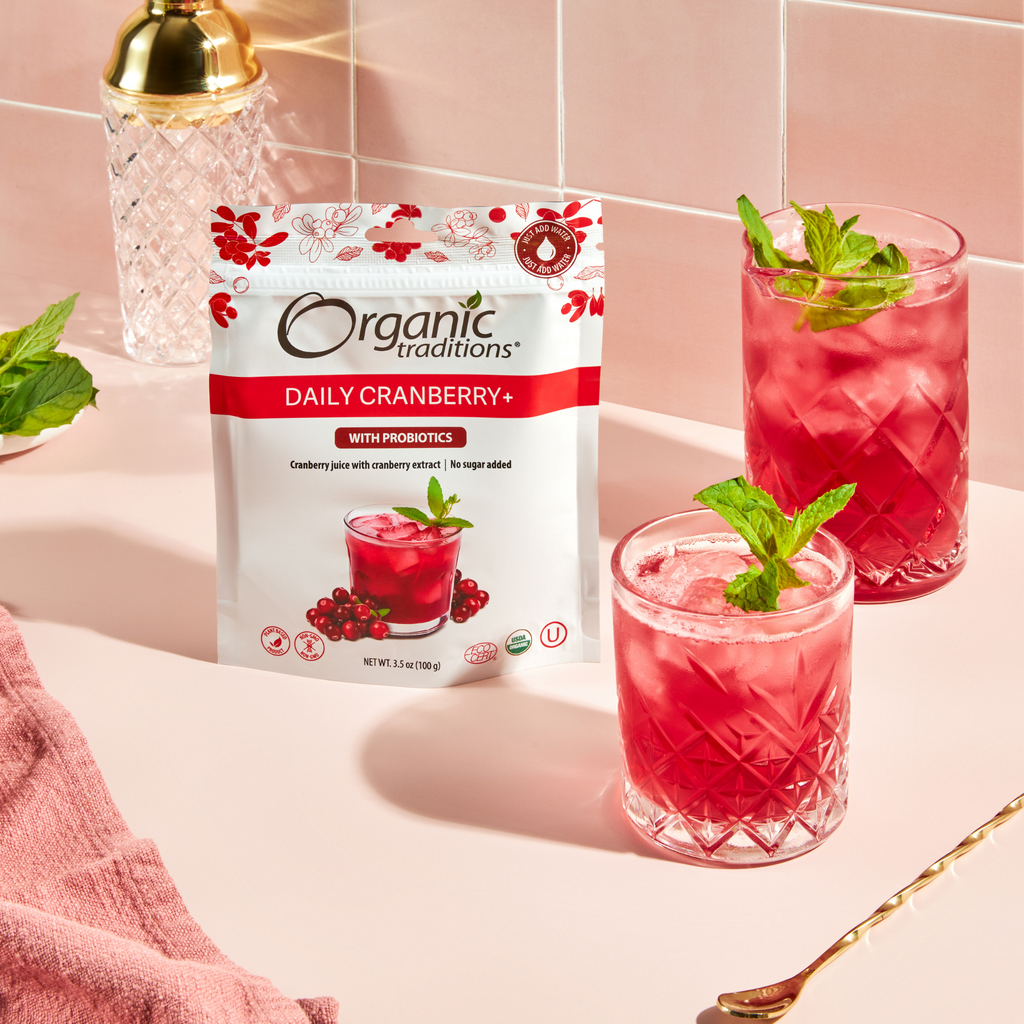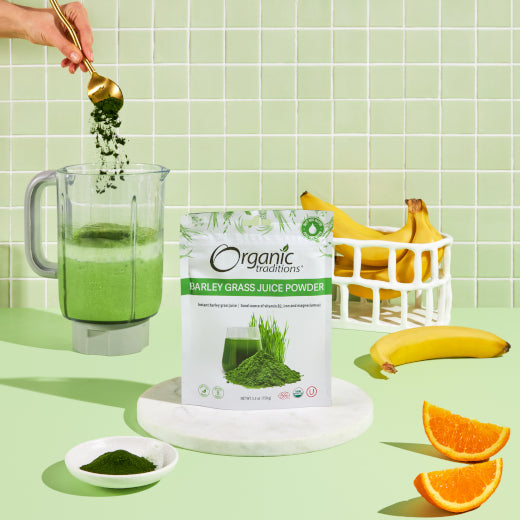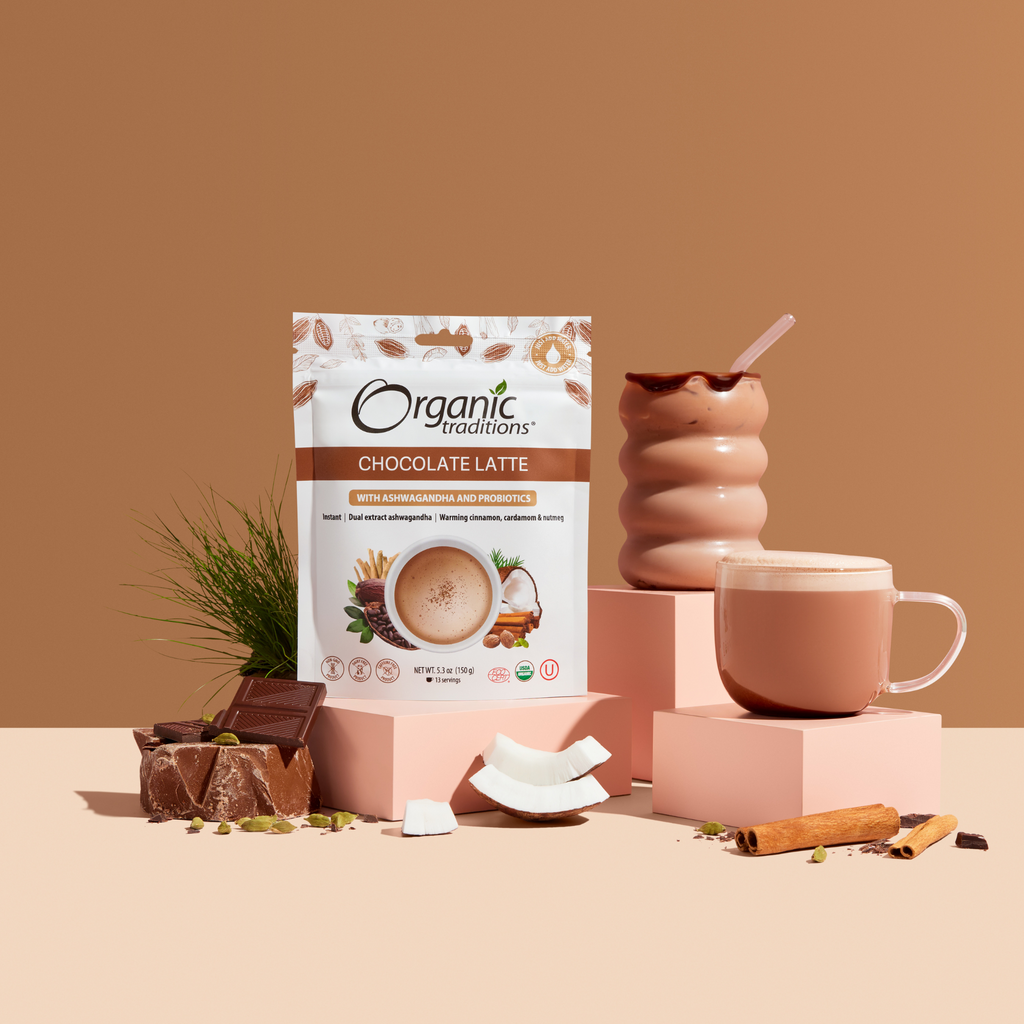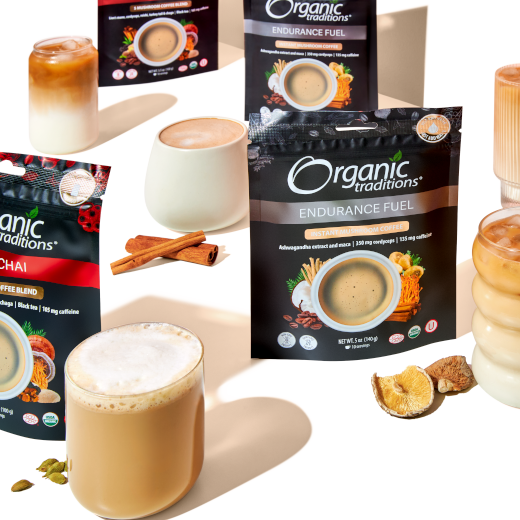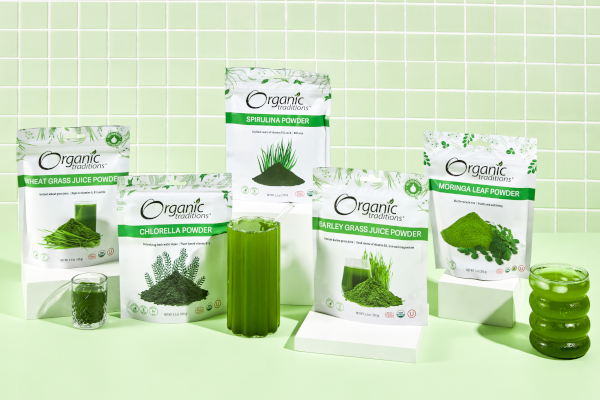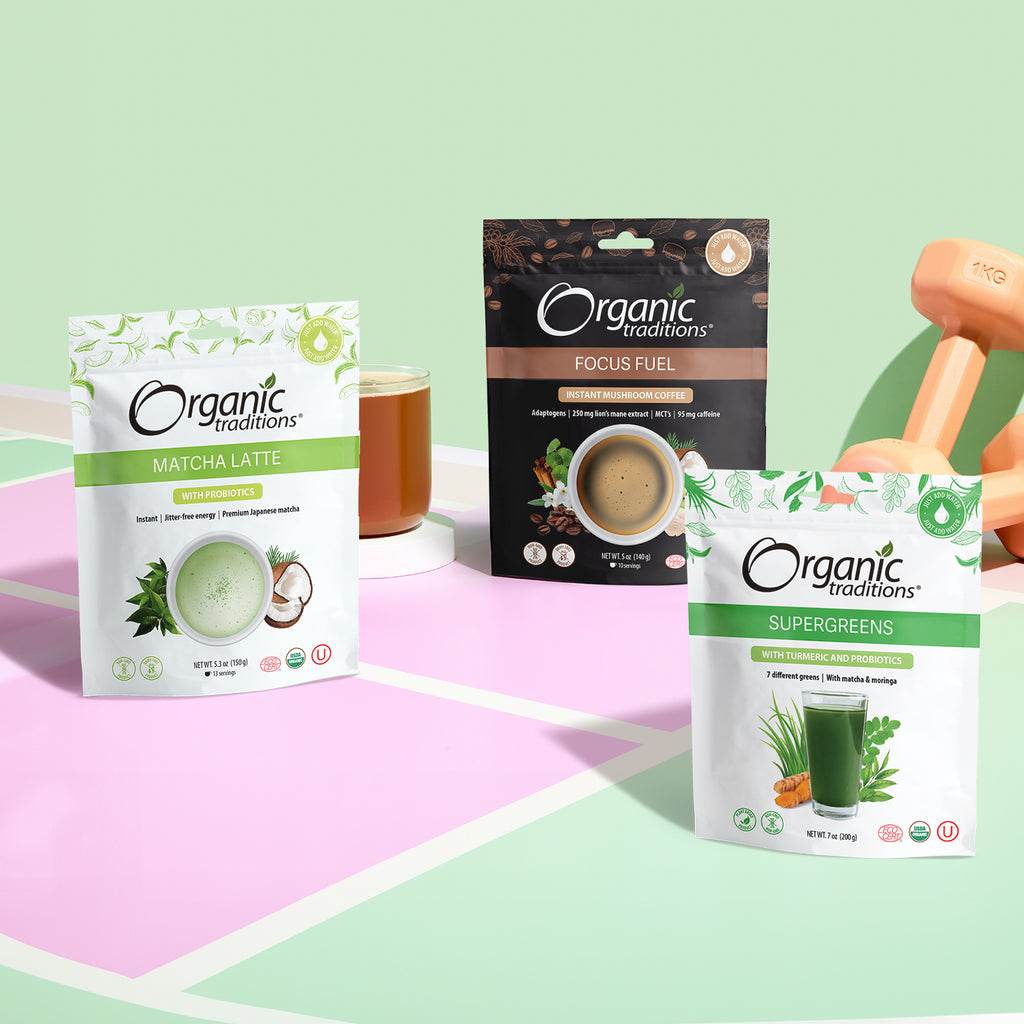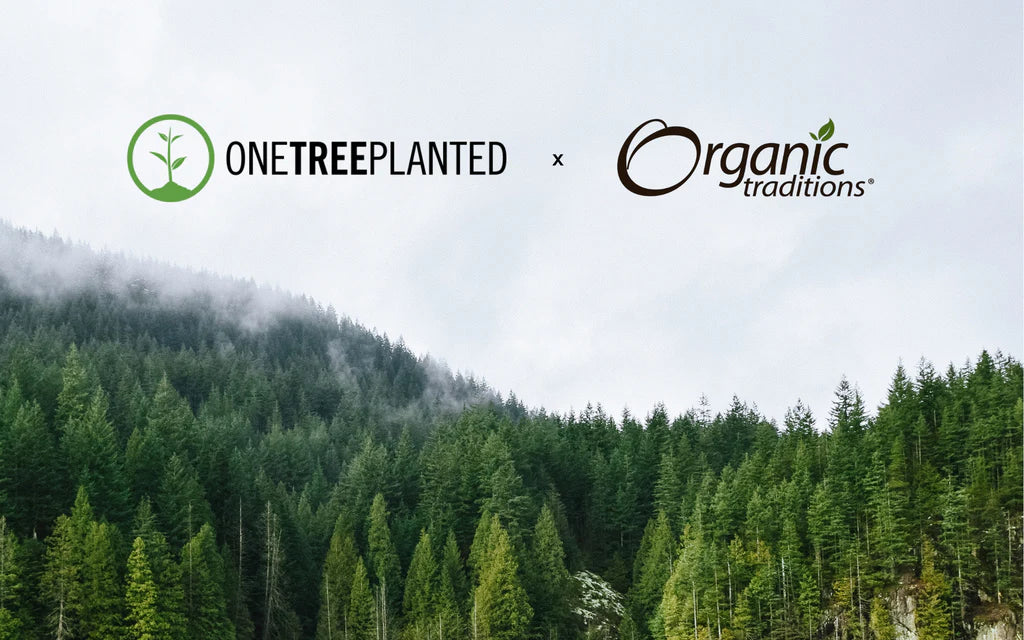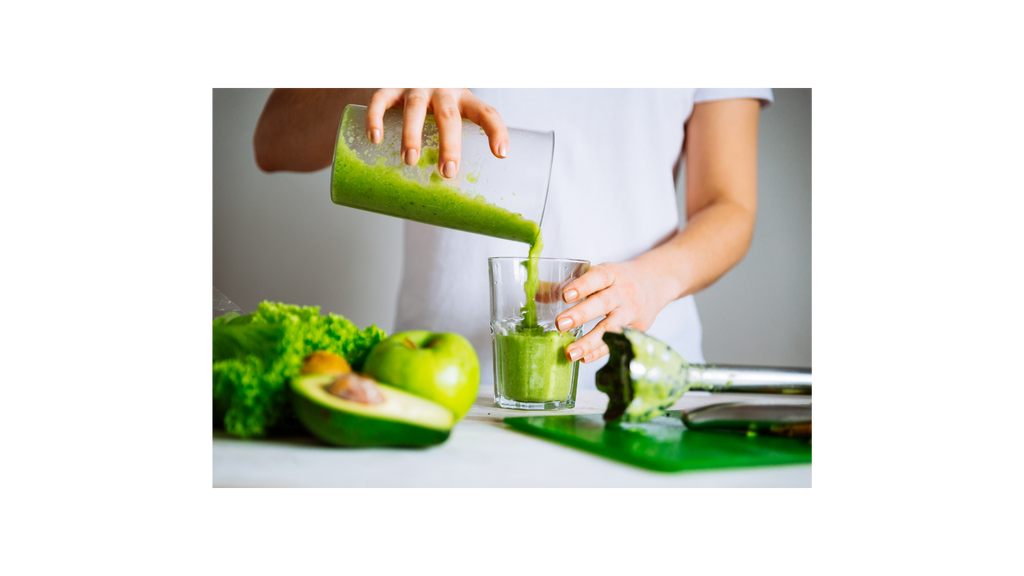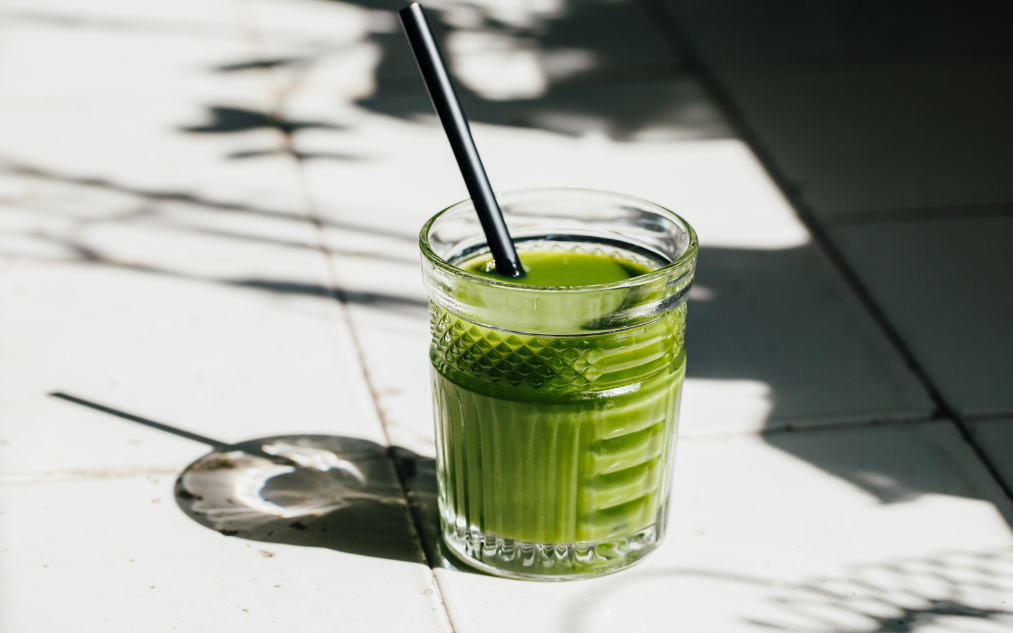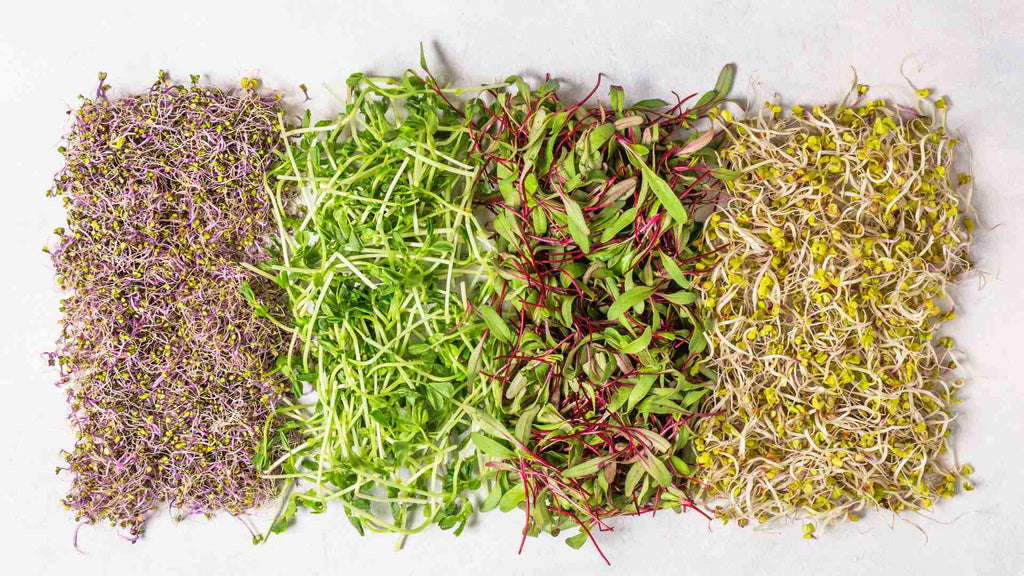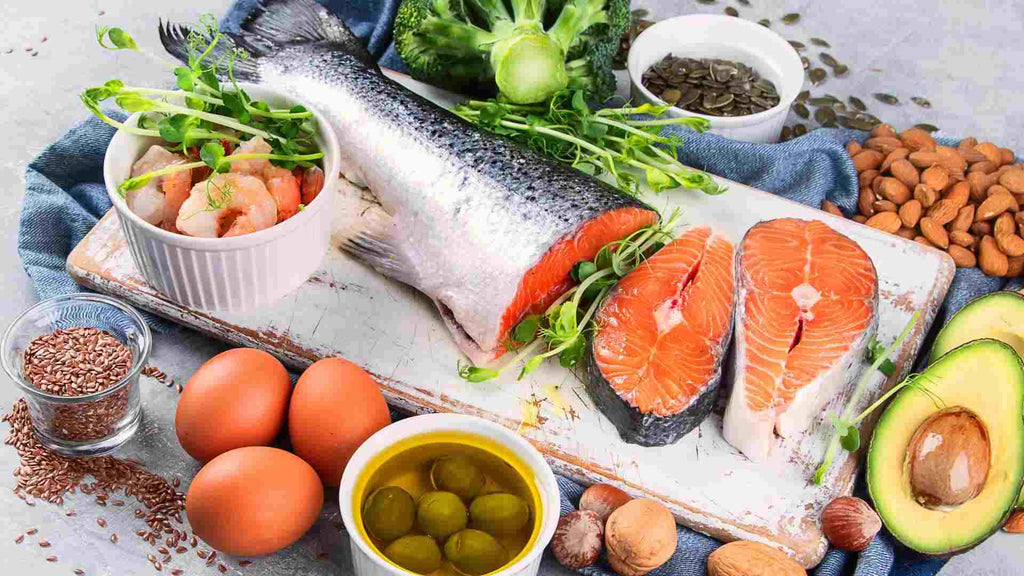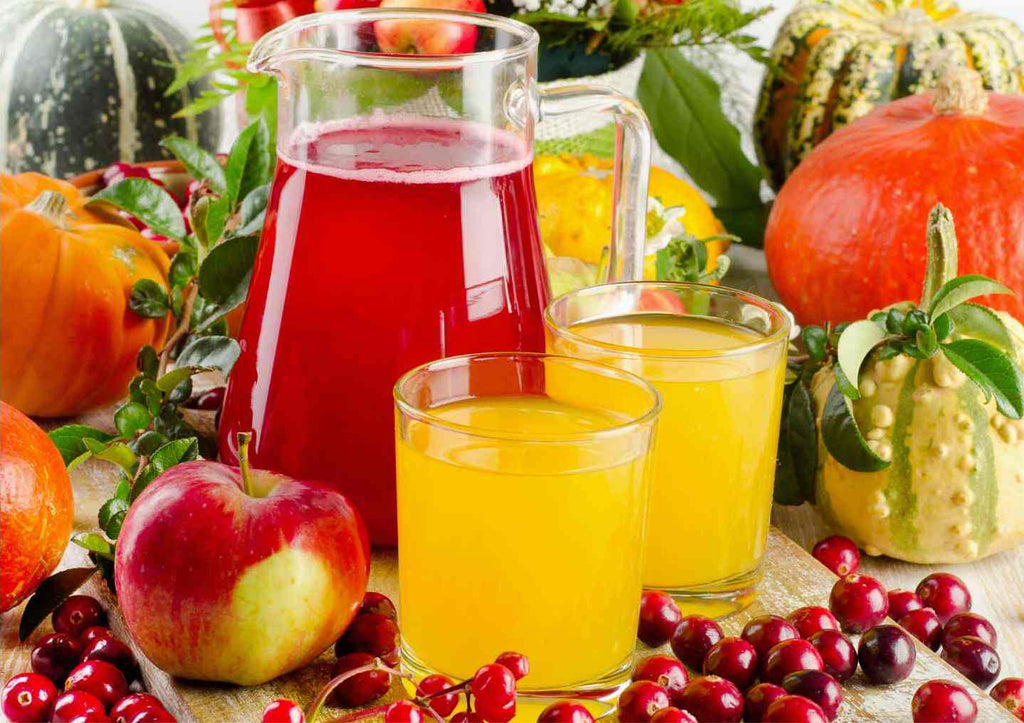Collagen-Rich Foods to Incorporate into Your Diet
by Vickie Chin on Jul 27, 2023
The healthy and beauty industries frequently stress the importance of collagen, yet how many of us truly know its importance or how to get it?
Collagen can be found in many different food items and products. It is often considered a building block of our physical health, offering key benefits to our skin, bones, tissues, and joints.
In this article, we explain the crucial importance of collagen for your day-to-day health and what factors impact your body’s ability to produce collagen. Plus, we cover several of the best foods containing collagen that you can add to your diet to boost your collagen production.
Stay tuned to learn all about creating a collagen-rich diet!
What is Collagen and Why Do We Need It?

Collagen is a complex protein and one of the most abundant proteins in the human body.
According to Harvard Health, collagen is made up of a fiber-like structure that is used to make connective tissue that is vital to the production of bones, skin, muscles, tendons, and cartilage. Additionally, collagen plays a key role in improving the elasticity of connective tissue and increasing its overall resilience.
Here is an overview of the advantages of collagen for your health:
- Skin Health: Collagen supports skin health by ensuring skin maintains its elasticity, hydration, and firmness. The protein is well-known for its ability to slow the effects of aging, keeping your skin wrinkle-free — however, it is important to note that collagen production does naturally decrease as we age, making wrinkling and fine lines a normal part of the aging process.
- Joint Health: As mentioned, collagen is essential for creating connective tissue that supports your joints. The collagen in your body tissue and around your joints helps to cushion the joints, reducing friction that can lead to damage and injuries over time. Plus, collagen helps to ensure your joints maintain their flexibility and mobility over time.
- Gut Health: Collagen contributes to your gut health by helping to support a healthy gut lining and promote healthy digestion. The tissue healing and repair capabilities of collagen make it useful for keeping your digestive system in great condition, though eating a healthy and balanced diet is also crucial for this goal.
Factors Affecting Collagen Production

As stated, our bodies can naturally produce collagen to help with various physical characteristics and bodily functions.
However, our life choices and circumstances can impact collagen production, making it incredibly important to be mindful of things like our diet, environment, and lifestyle.
Let’s take a look at three factors that influence collagen production:
- Age and Collagen Synthesis: As we age, our body’s ability to produce collagen naturally decreases, leading to normal signs of aging like wrinkles and fine lines. While we can take some steps to support collagen production with foods as we age, there is no way to fully prevent the slowing of collagen production as we get older.
- Environmental Factors: Environmental factors like exposure to pollutants, toxins, and UV radiation can all play a role in our body’s ability to produce collagen. This makes it crucial to protect your body and skin from exposure as much as possible, especially when it comes to protecting against sun exposure.
- Lifestyle Habits: Our lifestyle has a major influence over every aspect of our health, including collagen production. While a healthy lifestyle and diet can promote greater collagen production, unhealthy lifestyle habits like smoking and excessive drinking can have a decidedly negative impact, especially when not consumed in moderation.
Foods That Help Your Body to Produce Collagen 
Diet has a huge influence over our body’s ability to produce collagen and boost our overall collagen levels. Incorporating collagen-rich foods into your daily menu is great for boosting collagen levels and supporting your body’s natural capabilities.
Here are the best collagen-rich foods to add to your diet:
- Fish & Seafood: Fatty fish like salmon, tuna, and mackerel are rich in omega-3 fatty acids and collagen, which makes these foods one of the best sources of collagen. The key to getting the most collagen from fish is to leave the skin on, as this is where the bulk of the collagen is found.
- Bone Broth: Made by simmering the bones and connective tissues of animals, bone broth offers an excellent and concentrated source of collagen, as well as other minerals.
- Citrus Fruits & Berries: Citrus fruits and berries are one of the best natural sources of Vitamin C, which plays a key role in helping your body to convert amino acids into collagen.
- Spirulina: Spirulina is a good source of collagen, a type of nutrient-dense algae that often comes in a powdered form that is easy to add to drinks, smoothies, and soups. Natural spirulina superfood contains a variety of nutrients that aid in collagen production including amino acids like glycine and proline.
- Leafy Greens: Leafy greens refer to veggies like spinach, kale, and bok choy. These greens are excellent for not only your digestive health but also as a source of chlorophyll, which helps to promote both collagen production and skin repair.
- Nuts & Seeds: Nuts and seeds like flaxseeds, pumpkin seeds, and chia seeds contain a variety of essential fatty acids and amino acids, all of which are incredibly important for boosting collagen production and synthesis.
- Red & Orange Vegetables: Vegetables of the red and orange variety — such as carrots, red peppers, and sweet potatoes — are rich in Vitamin A and antioxidants and are great foods high in collagen. These nutrients are crucial for supporting collagen production, as well as protecting existing collagen from damage.
- Beans and Legumes: Beans and legumes are excellent sources of key proteins and minerals that support collagen production. Some of the best collagen-rich foods in this category include lentils, chickpeas, and black beans.
- Soy Products: Soy products like tofu, tempeh, and soy milk serve as the building blocks for meat-free diets — and they provide a great source of collagen-building amino acids! Adding soy products to your diet can help reduce your meat intake all while supporting collagen synthesis.
- Eggs Whites: Along with being a great low-calorie source of protein, egg whites have a high collagen content. Additionally, egg whites contain a variety of key nutrients that support and promote your body’s collagen production abilities.
Final Thoughts: Support Your Body’s Collagen Synthesis with Superfoods
While it is always recommended to eat whole foods when changing up your diet, organic superfoods are an incredibly convenient alternative that is easy to add to your existing recipes and meals. From nuts and seeds to fruit and vegetable powders, superfoods can help you bridge the gap between your current dietary habits and your journey to a collagen-rich diet.














